What is the cheapest used car loan on Finder?
- Right now on Finder, the cheapest used car loan comparison rate starts from 5.95% p.a. and is offered by OurMoneyMarket.
We currently don't have that product, but here are others to consider:
How we picked theseTo make comparing car loans even easier we came up with the Finder Score. Interest rates, fees and features across 200+ car loan products and 100+ lenders are all weighted and scaled to produce a score out of 10. The higher the score, the more competitive the product.
There are different types of finance that you can choose from when you're buying a secondhand car.

The vehicle you're buying is held as collateral against the loan. You'll get a lower interest rate, but you put your vehicle at risk if you can't make repayments.
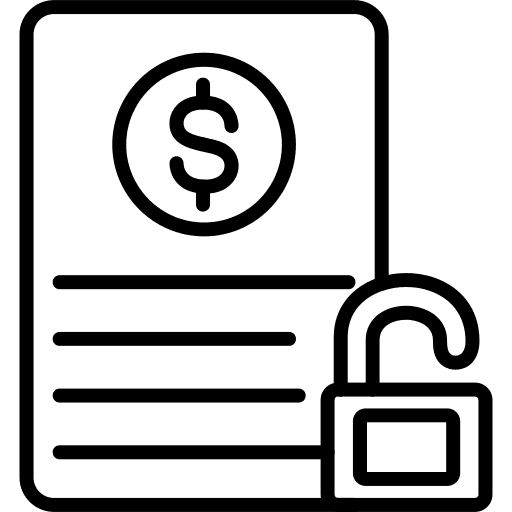
Your vehicle will not be used as collateral against the loan, but this means interest rates are higher as there's more risk for the lender. You also get more flexibility around the car you buy, because the lender is less concerned about recouping the costs.

Used car dealerships can offer some attractive rates with their chosen finance partner. However, these agreements often have hefty deposits and balloon payments, which require you to make a final payment of several thousand dollars. The repayments seem smaller and cheaper than they really are.
If you're buying a used car with a secured car loan, your lender has the right to sell your car to recover its costs if you can't repay the loan. This means the lender cares about the age of the car you're buying.
Many lenders only offered secured car loans for cars that are less than 7 years old. Some lenders accept cars up to 12 years old. The older the car, the higher your interest rate may be.
An unsecured car loan doesn't require the vehicle as security. So the age of the car is not an issue.
| Lender | Product name | Maximum age of car | Loan amount | Find out more |
|---|---|---|---|---|
| Beyond Bank | Beyond Bank Low Rate Car Loan | 8 years | From $5,000 | Details |
| CommBank | CommBank Secured Car Loan | 7 years | $4,000 to $120,000 | Details |
| Great Southern Bank | Great Southern Bank Fixed Rate Car Loan | 8 years | From $5,000 | Details |
| loans.com.au | loans.com.au - Variable Rate Used Car Loan | 5 years | From $5,000 | Details |
| IMB | IMB Secured Personal Loan | 6 years | $2,000 to $75,000 | Details |
| OurMoneyMarket | OurMoneyMarket New Car Loan ($5,000-$100,000) | No limit | $5,000 to $100,000 | Details |
| People's Choice Credit Union | People's Choice CU Discounted Personal Loan (Car Loan) | 7 years | $20,000 to $120,000 | Details |
| RACV | RACV Used Car Loans | 20 years old at end of loan term | From $5,000 | Details |
| St.George Bank | St.George Secured Personal Loan | 7 years | $10,000 to $130,000 | Details |
| Westpac | Westpac Car Loan | 7 years | $10,000 to $130,000 | Details |
As well as shopping around for a great used car loan deal, you can save yourself even more money with these tips.

Well-known cars and best-sellers will undoubtedly go for a higher price than something less known. If you know you want that particular model, great! But if you have more flexibility and want to save on cash, a less popular car is the way to go.
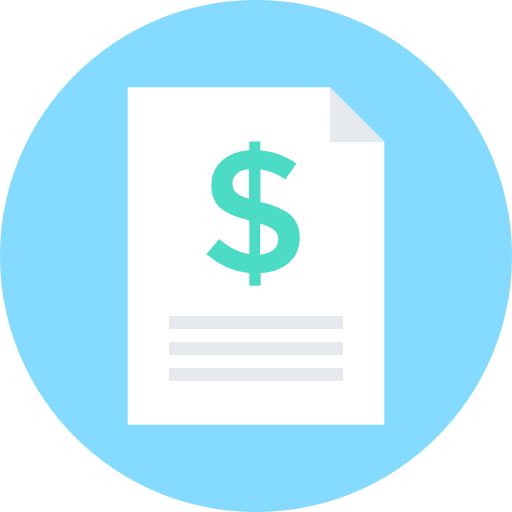
Used car dealers might offer attractive things like short-term warranties, but in reality, the cars can be more expensive to cover their costs.
Consider buying privately and bring along a car enthusiast to check over the car for you. If you don't know a car expert, consider paying for a pre-purchase inspection.

I know, I know, most people don’t like the thought of haggling. But it can go a long way and many dealers or sellers will expect you to try. Remember, this is a business transaction, so stay friendly, a bit cheeky, and emotionally detached from the car.
Tips for haggling:
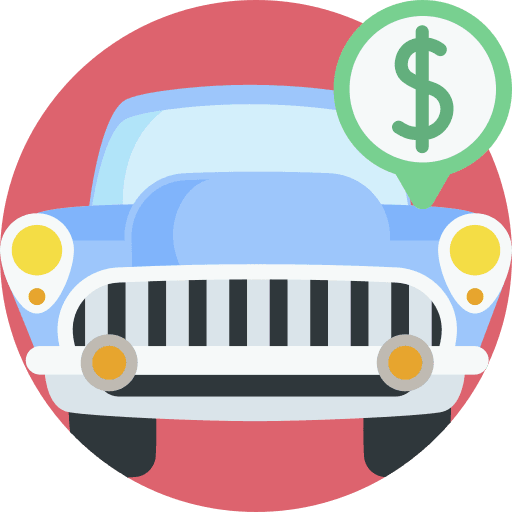
If the car you're after has recently received a facelift or been replaced with an updated model, the previous generation might drop in value. That means you can cash in by purchasing the older car.

It's tempting to want every creature comfort on offer in a used car, but if you're willing to step down a trim grade or two, you can save hundreds, if not thousands of dollars.
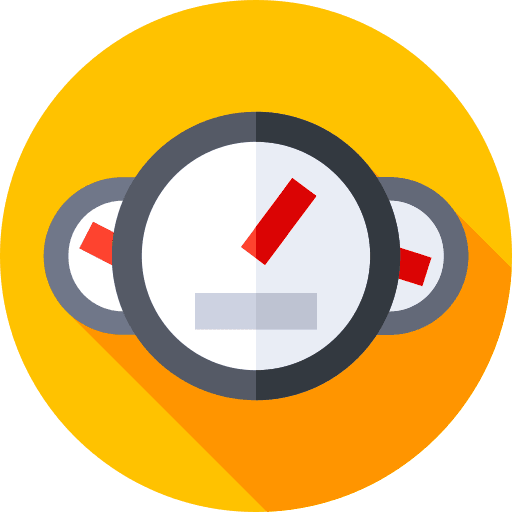
Don't discount a car with higher mileage over one with lower mileage. Modern engines work better when up to full operating temperatures.
AIf Car A has covered 20,000km, but it was short around-town trips, then it’s likely the car didn’t get up to full temperature or faced urban problems like potholes. Car B might have done 50,000km, but with a lot of motorway driving and excellent maintenance, and could potentially be in just as good (if not better) mechanical condition.
Once you've found a suitable used car loan, you can apply. Most lenders accept online applications. You will need:
Fill in our used car loan calculator to see how much your used car loan could cost you. You'll need to enter:
Then you can see see how much you'll end up paying.
| Years remaining | Principal remaining |
|---|
There are hundreds of different models on the used car market, so you might find things overwhelming.
Here's how to narrow the decision down.
The first and most important decision is, what kind of vehicle are you looking for? Each have their own merits and downsides.
| Car body type | Pros | Cons |
|---|---|---|
Light car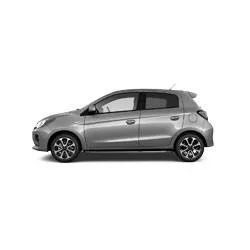 |
|
|
Small car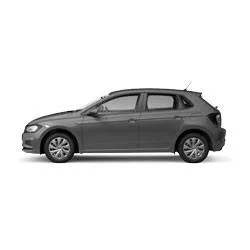 |
|
|
Medium car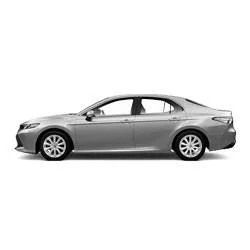 |
|
|
Large car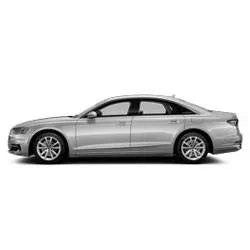 |
|
|
Sports car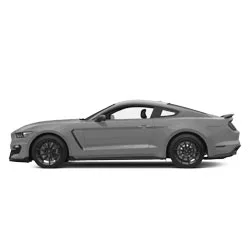 |
|
|
Small SUV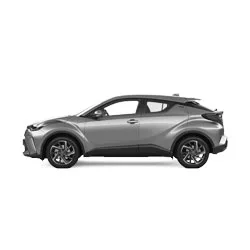 |
|
|
Medium SUV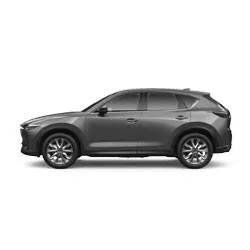 |
|
|
Large SUV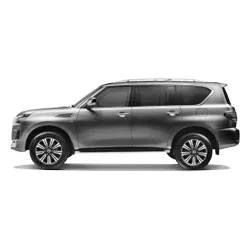 |
|
|
People mover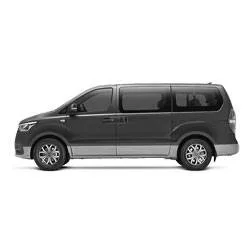 |
|
|
Utility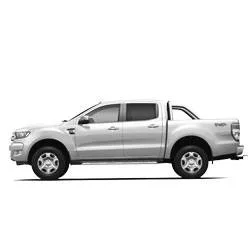 |
|
|
Van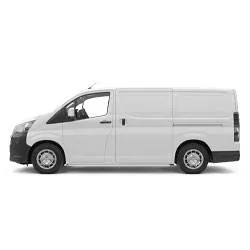 |
|
|
Icons made by Vectors Market, Freepik from www.flaticon.com is licensed by CC 3.0 BY
On a pension but need a new car? There are still many choices if you know where to look.
Want to buy a classic car but don't have the ready money? There are still financing options available for classic vehicles. Find out what loans you have to choose one and which one will work best for you.
You can still get a car loan even if you work casually, and there's a range of loans for you to choose from. Find out here how you can get finance for your next car and which loan might be best for you.
You don't need to wait to get car financing. Some lenders can approve you instantly and send your funds on the same day. You can also consider pre-approval. Find out all the ways to get a quick car loan in this guide.
Read our guide to the approval times for popular lenders and how the application process works.
Find out the extent of Australia's Tesla Supercharger network with our complete map of every charging station.
Repaying your car loan early can save you money, but some lenders impose restrictions and charge additional fees.
Ready to get behind the wheel of your own car? Find out how you can get a loan as a student.
Don't buy a new caravan until you've read this guide. Find out exactly what financing options are available and how to compare your caravan loan options to find the right loan for you.
I am looking to secure a $50,000 car loan. I have been told that you can pay off lump sums without penalties with some finance companies, but I am a little skeptical of this. Please clarify.
Regards.
Steve
Hi Steve,
Thank you for getting in touch with finder.
Repaying a car loan early without penalty is another common feature of variable rate car loans, however it is still best to check if you are able to make extra or lump sum repayments as well as if an early prepayment or early termination fee applies.
I hope this helps.
Please feel free to reach out to us if you have any other enquiries.
Thank you and have a wonderful day!
Cheers,
Jeni
I’m currently bankrupt and have gained casual employment and need a car am I able to apply for a loan somehow
Hi Jade,
Thanks for leaving a question on Finder.
You can get a loan if you are discharged bankrupt or even if you are currently bankrupt. You will be more limited in terms of the lenders you have to choose from, and the fees and rates will also be higher on bankrupt loans. You may also be required to attach an asset as security or apply with a guarantor. You may click the link above to find out about your loan options and see what you might be eligible for.
You may click the name of the lender to be redirected to our review page and learn more about the lender’s loan offer, rates, and requirements as well as the pros and cons of using their loan service. When you are ready, you may then click on the “Go to site” button if available and you will be redirected to the lender’s website where you can proceed with the application or get in touch with their representatives for further inquiries you may have.
Before applying, please ensure that you meet all the eligibility criteria and read through the details of the needed requirements as well as the relevant Product Disclosure Statements/Terms and Conditions when comparing your options before making a decision on whether it is right for you. You can also contact the provider if you have specific questions.
Cheers,
Joel
I am a PhD student and am struggling to find a car loan as most places aren’t accepting of the scholarship as a wage – is there any places I should try applying for?
Hi jj93,
Thanks for your inquiry.
When getting a car loan and you’re a student, it’ll be worth doing your homework on which lender would accept your form of income whether it be from casual work, permanent part-time work, or Centrelink payments. Not sure though for scholarship wages. Also when getting a student car loan, you may need to have a guarantor or co-borrower who can take on the legal and financial responsibility for the debt incurred with your car loan if you default or fail to make the repayments.
While we can’t recommend a specific lender to you and are not sure of your approval, you may like to check the guide on student car loans. On the page, is a comparison table you can use to see which lender suits you.
When you are ready, you may then click on the “Go to site” button and you will be redirected to the lender’s website where you can proceed with the application or get in touch with their representatives for further inquiries you may have.
Before applying, please ensure that you meet all the eligibility criteria and read through the details of the needed requirements as well as the relevant Product Disclosure Statements/Terms and Conditions when comparing your options before making a decision on whether it is right for you. You can also contact the provider if you have specific questions.
Cheers,
May
Hi Im looking at purchasing a 1986 Van for work, I have owned and operated a company since 2012.
What is my most affordable options
Hi Michael,
Thank you for reaching out to us.
If you are looking for a used Van, you may refer to the above list of lenders that offer used car loans. If you’ve chosen a brand and you think you are eligible, please click on the ‘Go to site’ button to be redirected to the lender’s official site and apply from there. Otherwise, some other car loans you may consider and compare are on these pages:
Best Car Loans
New Car Loans
Car Loans
Low-Interest Car Loans
I would suggest that you review the features and details of the loan and the eligibility requirements and consider whether the loan is right for you. You can also contact the lender to discuss your options.
I hope this helps.
Please do not hesitate to reach out to us again if you have additional questions.
Cheers,
Ash
i want to borrow enough to paid off my existing car loan and buy two more cars one for me and one for my fiance . The two of us will be making the repayments
Hi there,
Thanks for your question.
If you are looking to borrow jointly to pay for your existing car loan and to have extra money, you may compare joint account personal loans and find the best one for you.
Cheers,
Anndy